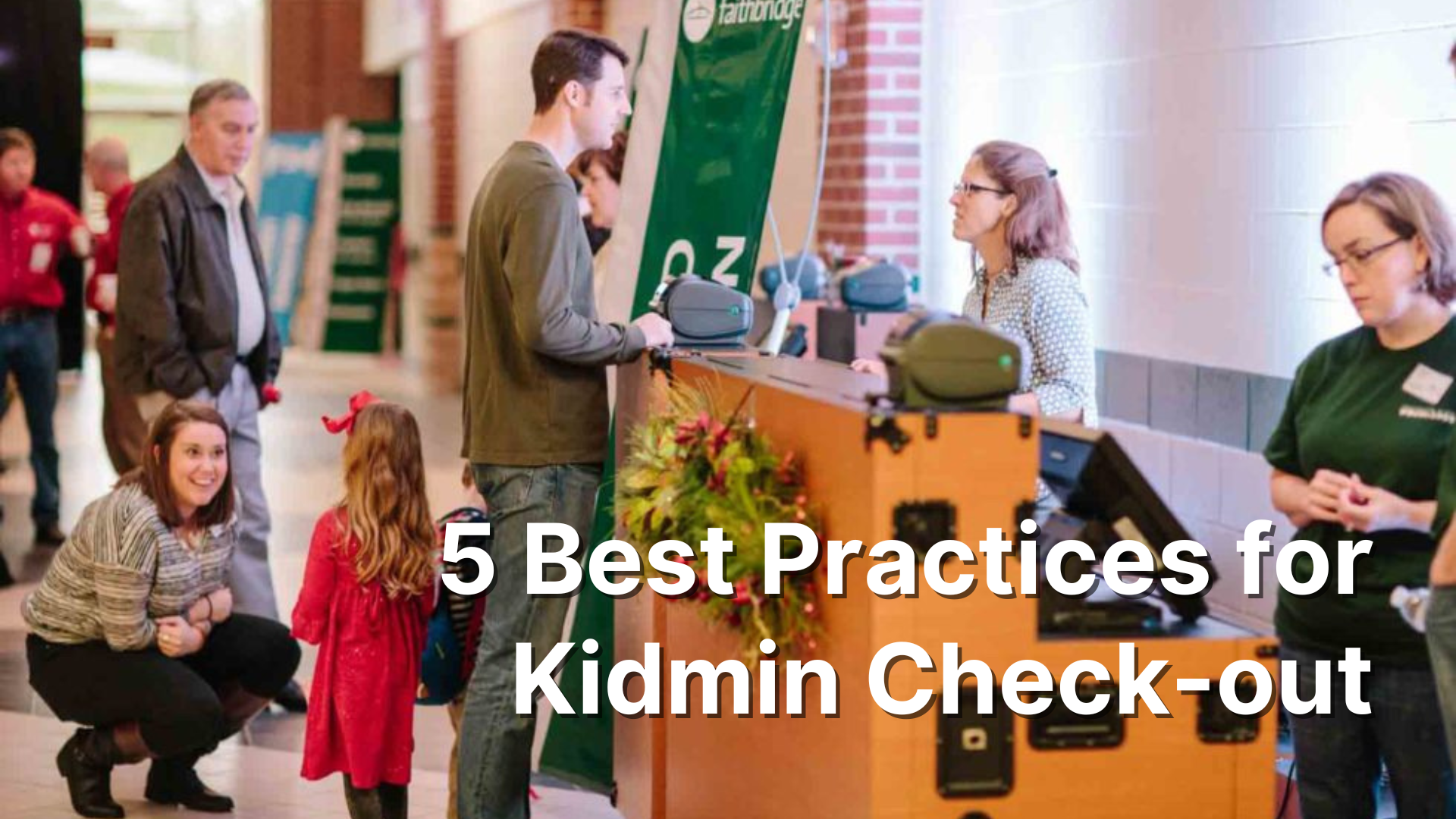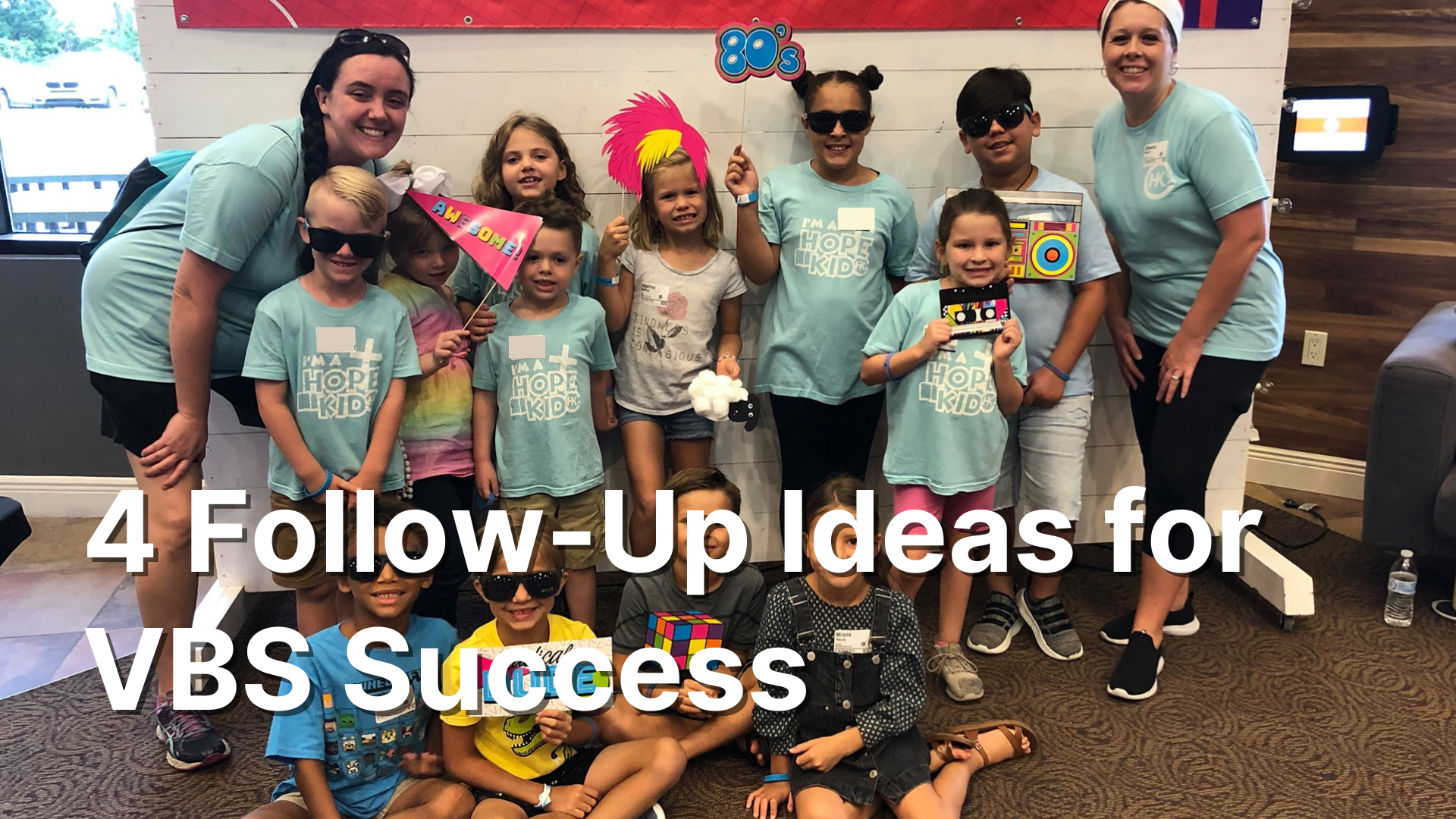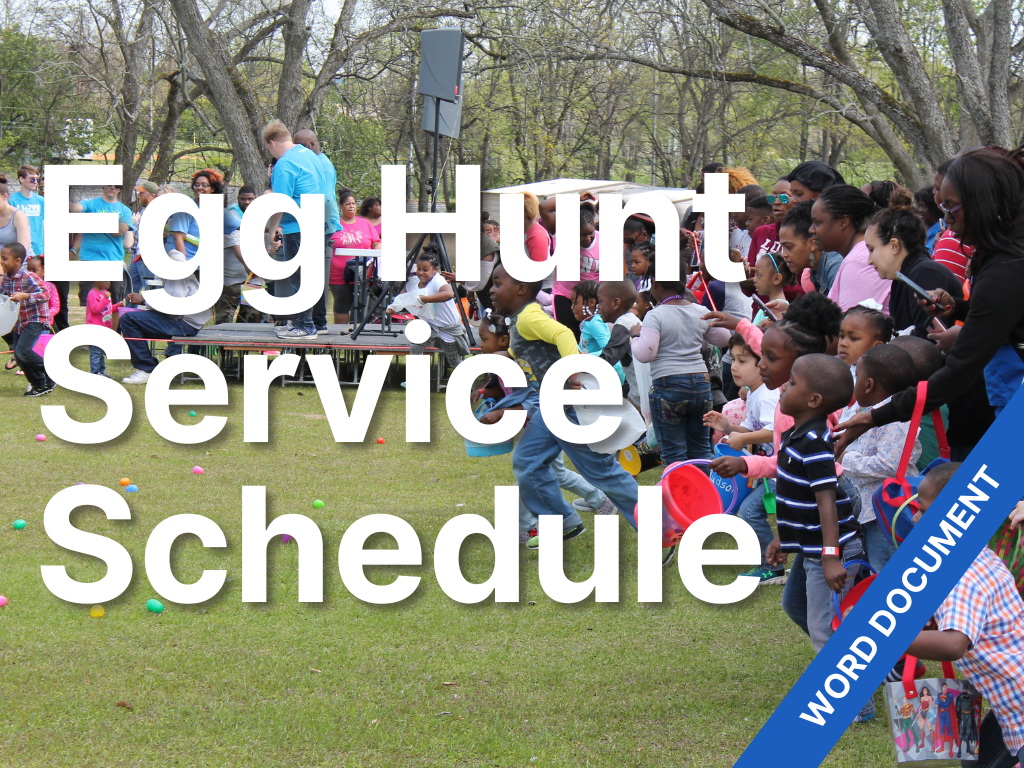4 Principles to Get Guests to Come Back
Photo from ChurchLeadership.com
You’ve had the big outreach event and now you have a huge stack of cards with contact information and you’re not sure what to do with it. Should you email them? Send a postcard? Call? Which way will be most effective? What’s going to give you the best return on your investment?
The answer is yes.
What I mean is that everyone is different, and just how there’s not one way to communicate with your congregation, there’s not one way to follow up with guests. It can be a lot of work and put you outside of your comfort zone, but this is part of ministry and growing the kingdom of God. For me, it’s not good enough to see raised hands accepting Jesus. I want to have the opportunity to help them grow in their faith. That can only happen if they come back.
So, how do you get guests to come back? While there are a lot of methods you can use to get them to come back, which I’ve written about here, here, and here, there are some basic principles you can use to make these methods more effective.
1. Target people who don’t have a home church
One of the most effective questions I’ve put on my registration forms is “What is your home church?” After doing VBS, Egg Hunts, and Fall Festivals for years, I learned that you have church hoppers. These people already attend a church and decided to come to yours. They do this for a variety of reasons, and I’m thankful that they do. They help bolster my numbers and contribute to the overall family friendly vibe I’m trying to create.
However, following up with hoppers to come to your church is an exercise in futility at best and unethical at worst. Either they’re never going to leave their home church, or they do, and you’ve stolen a family from another church. For this reason, I will only send them a postcard thanking them for coming and add them to my event email list, but I won’t go much further.
For those who don’t have a home church though, it’s game on. These are what they call “warm leads.” They’ve been to your church and experienced your people and environment. They have an idea of what to expect, and they’re open to attending a religious service. There is a good chance you can get them to come on Sunday and hopefully see them accept Christ and more.
Because they are more likely to respond, these non-church attenders will get all the follow up methods, the postcards, phone calls, texts, emails, all of it. God has sent you these people. Don’t bury their information and then wonder why God doesn’t give you more.
2. Get others to help you
One of the main reasons my follow up process failed was that I tried to do it all on my own. I addressed the postcards, made all the phone calls, and wrote all the emails. I felt as the pastor it was my job to build the relationship.
While the responsibility does lies with you, that doesn’t mean you have to do all of it. Part of being a leader is motivating other people to accomplish a task. Another way to say it is the pastor’s job is not to do the work of the ministry, but to train others to do the work of the ministry. This applies to everything you do, not just follow up.
I have a confession to make. I hate phone calls. HATE them. Especially to people I don’t know. So, calling people to ask what they thought about the event and asking them to return is one of the most uncomfortable things I do. I’d rather do just about anything else. When a phone call shows up on my to do list, I do literally everything else. I’ll put that off for as long as possible.
Maybe you’re like me and you know what I’m talking about. If that’s the case, then find those weirdos who like making phone calls and ask them to do it. If they’re not sure what to say, write a script for them to follow. Don’t know how to write a script? Ask one of the phone call people to write one for you, or just ask them what they say and write it down.
Maybe you love to make phone calls, but struggle with other methods of follow up. Again, you don’t have to do it alone. Find other people who love it and ask for their help. They’ll be using their gifts and talents for the Lord, and your guests get invited back. Win-win.
3. Make it personal
Ever get one of those letters or emails where it’s obvious it’s a form letter. Before you even read it, you can almost quote it. Those don’t mean much to anyone, but for the sake of efficiency and expediency, most of us have done it. I know I’m guilty.
The best thing you can do to make your follow up go the extra mile is to make it personal. Say their names. Ask follow-up questions. Don’t be afraid to break script.
One of the best things I did for VBS follow up is I printed the follow up postcards before the event was over and asked all the small group leaders to write a note to each kid in their group. Since I frequently had over 100 or more kids at the event, trying to do that on my own would be near impossible. However, getting 20 people to write 5 postcards each is a lot easier.
Not every event lends itself to making the contact personal like VBS. However, telling a small story about your experience or making a joke will help the guest know that they’re talking to a real person not Chat-GPT.
4. Follow up consistently
One of the biggest mistakes I’ve made in my follow up process is using one method of contact and then leaving it there, never to be heard from again.
I had a gym do this to me a few years back. They invited me in for a free session and explained the whole process. A week after the workout, they called me and asked for my feedback. I asked a few questions and they said they’d get back with me. I never heard back from them. Until about a week ago. They called to see if I was still interested. It’s been over 5 years. I’ve moved cities, twice.
Don’t make the same mistake with your guests. They’ve told you they don’t attend a church. They’ve shared their contact information with you. They’ve probably responded to one of your follow up methods. Don’t let it stop there. Keep following up.
One of the things I do to keep them in the loop is to add them to my email list. I already send an email every week to the people who attend my church and now the guest gets it too. This reminds them you’re still here and offers other opportunities to join you. In addition, if you continue to email consistently, when your next event happens, they’re far more likely to receive your invite email and attend.
The goal of your follow up process should be two-fold. Get them to come back, of course, and to make a connection. Your guests are going to feel far more comfortable in your church if they know someone before they arrive. If you follow these principles, you’ll be far more likely to see guests come back to your church, and more importantly, reach our end goal, make disciples.










As a pastor you’re a shepherd. It’s your job to take care of your flock. In my own experience (and even in my writing) I talk about reaching out to new people and caring for them. However, Jesus gave us the example by sharing the parable of the shepherd who leaves the 99 to go after the one.